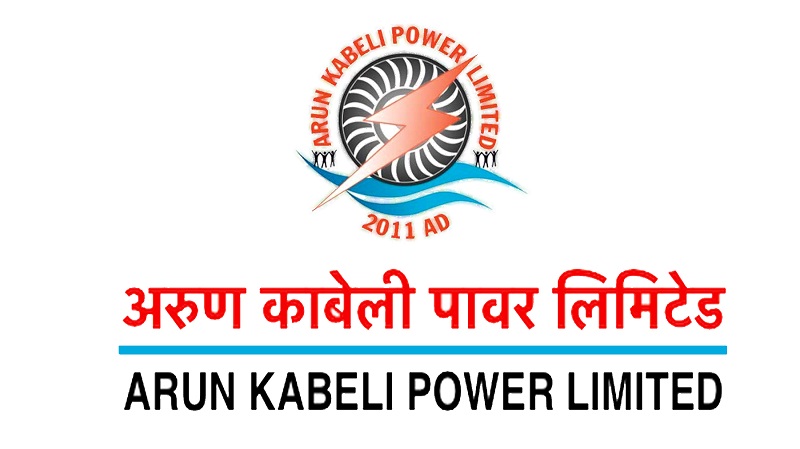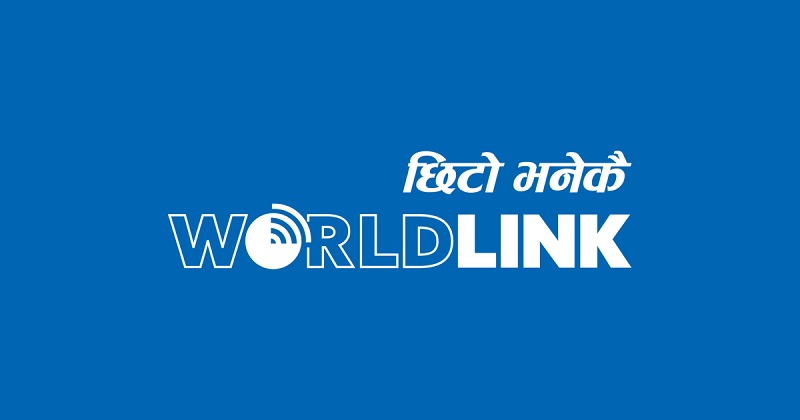Call for Project Proposals for Startup Enterprise Loans
5th November 2025, Kathmandu
The entrepreneurial landscape in Nepal is set for a significant boost as the Government of Nepal, through the Industrial Enterprise Development Institute (IEDI), issues a major call for project proposals for the Startup Enterprise Loan scheme.
Startup Enterprise Loans
This initiative represents a powerful commitment to nurturing the nation’s startup ecosystem, encouraging innovative thinking, and transforming creative ideas into sustainable, job-creating businesses.
This public notice is a direct invitation to eligible and qualified entrepreneurs to secure subsidized financing under the “Startup Enterprise Loan Operational Guidelines.” The window for opportunity is tight, with entrepreneurs mandated to submit their meticulously prepared proposals within 21 days of the notice publication.
Understanding the Startup Enterprise Loan Initiative
The Startup Enterprise Loan is a flagship government program designed to remove a major hurdle for emerging businesses: access to low-cost capital. Operated under the aegis of the Ministry of Industry, Commerce and Supplies and facilitated by the IEDI, the scheme typically offers:
Concessional Interest Rate: Loans are provided at an exceptionally low and fixed interest rate, often around 3% per annum, making financing highly accessible.
Maximum Loan Amount: Eligible startups can receive a substantial loan, which is generally capped at NPR 25 lakh (NPR 2.5 million) in the current operational procedures, though this may vary with the specific call.
Collateral Flexibility: A major advantage is that the loan is often provided with the project itself acting as collateral, secured further by the Deposit and Credit Guarantee Fund, removing the requirement for personal or traditional collateral that often challenges new entrepreneurs.
Repayment Grace Period: The loan structure usually includes a grace period of up to one year before the principal repayment begins, giving the startup essential breathing room to establish its operations.
This low-interest, government-backed financing is a crucial intervention aimed at supporting businesses that drive economic value, technological adoption, and job creation within Nepal.
Decoding Eligibility: Section 4 of the Guidelines
The IEDI notice explicitly directs applicants to meet the eligibility criteria specified in Section 4 of the Operational Guidelines. While the specific criteria can be subject to periodic revision, the core requirements focus on the age, size, and nature of the startup enterprise. Entrepreneurs must demonstrate not only compliance with these metrics but also “relevant knowledge, innovative thinking, skills, and capacity in their respective fields.”
Key eligibility benchmarks generally include:
Business Age: The enterprise must typically be in operation for less than seven to ten years from the date of establishment or operation. This ensures the focus remains on genuinely emerging ventures.
Financial & Size Criteria: To qualify as a small-scale, emerging enterprise, applicants must generally meet certain ceilings on financial and operational metrics. These frequently include:
Paid-up Capital: Not exceeding NPR 50 lakh (NPR 5 million).
Annual Gross Income/Turnover: Not exceeding NPR 50 lakh or sometimes up to NPR 15 crore, depending on the specific procedure version.
Fixed Capital (excluding land and building): Not exceeding a certain threshold, often NPR 20 million.
Full-time Employees: Generally, the number of full-time workers must not exceed ten.
Innovation Mandate: A crucial requirement is demonstrating the use of innovative thinking, information technology, and a creative approach to solving consumer problems in the production or distribution of products or services.
Sector Focus: The enterprise must fall within one of the priority sectors identified by the government, which prominently feature agriculture, information technology, tourism, health services, education, and innovative manufacturing.
A startup is typically required to meet a minimum number of these specific criteria (e.g., at least five out of seven, including financial size caps and the innovation component) to be deemed eligible. Entrepreneurs are advised to download and meticulously review the latest “Startup Enterprise Loan Operational Guidelines” from the IBDI or Department of Industry (DOI) website to ensure absolute compliance with all criteria.
The Critical 21-Day Deadline: Project Proposal Submission
The call for proposals emphasizes a firm deadline of 21 days. This tight timeframe necessitates immediate and structured action from interested entrepreneurs. The success of an application hinges on two key procedural requirements:
Prescribed Format: Proposals must be prepared following the specific format laid out by the IBDI. This format typically requires a detailed breakdown of the project, including:
Project Introduction and Objectives: A concise summary of the business idea and its goals.
Market and Financial Analysis: A clear assessment of the market potential, estimated cost, revenue projections, and expected returns.
Innovation and Technology Use: Detailed evidence of the innovative process, product, or service that sets the venture apart.
Employment Generation: The projected number of jobs the startup will create.
Online Submission: In a push toward digitalization and efficiency, proposals are required to be submitted online. This streamlined process ensures quick and centralized processing by the IBDI and the appointed Proposal Evaluation Committee.
The Industrial Business Development Institute (IBDI) plays a central role in the selection process. Its committee, often comprising experts from IBDI and lending partners like Rastriya Banijya Bank (RBB), evaluates proposals based on a scoring system that weights business feasibility, financial viability, and innovation/local value creation.
Entrepreneurs who meet the criteria and successfully submit a compelling proposal will be shortlisted for the next stages, which may include an in-person business plan presentation and a final credit appraisal by the designated bank. This initiative is a clear signal that the Government of Nepal is invested in its youth and creative talent, offering tangible support to those with the knowledge, innovative thinking, skills, and capacity to drive the nation’s economic future.
For More: Startup Enterprise Loans







